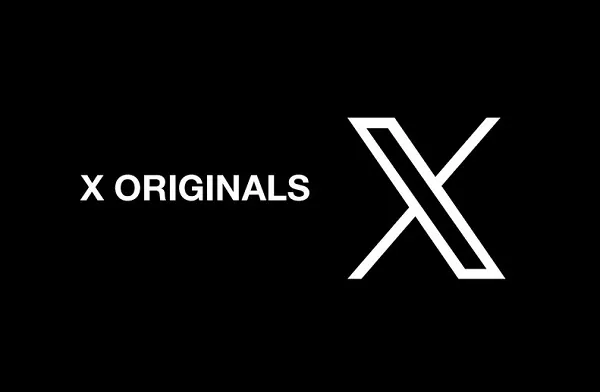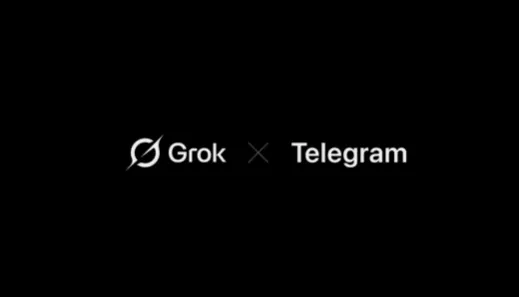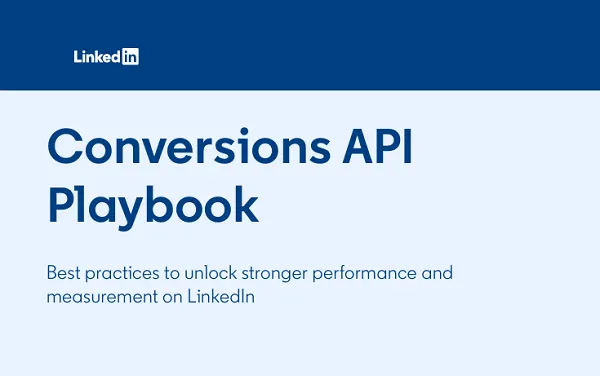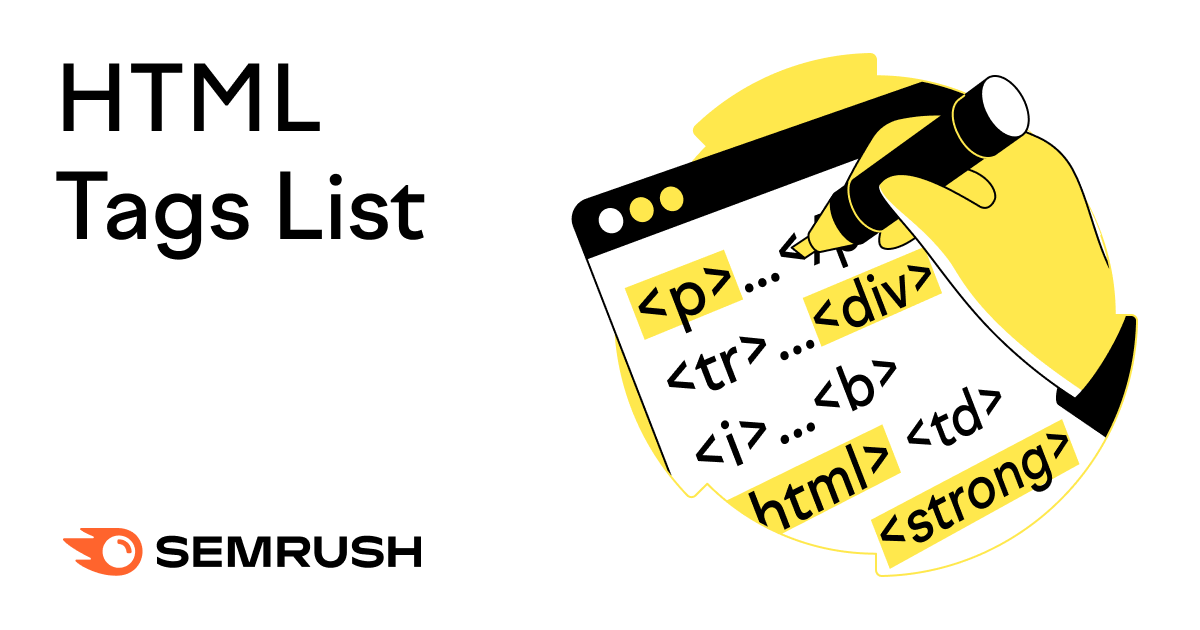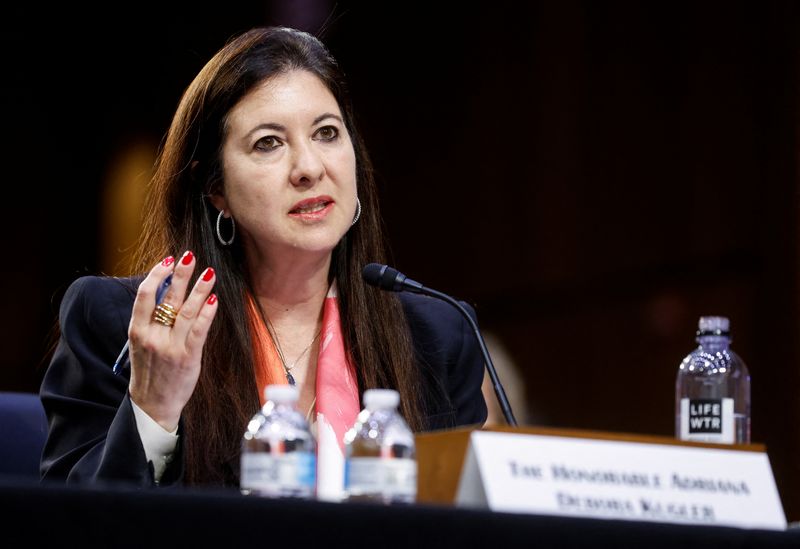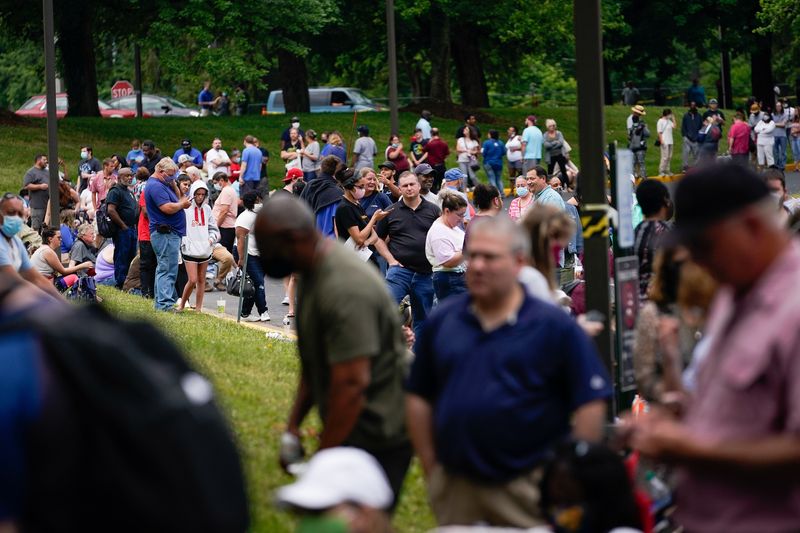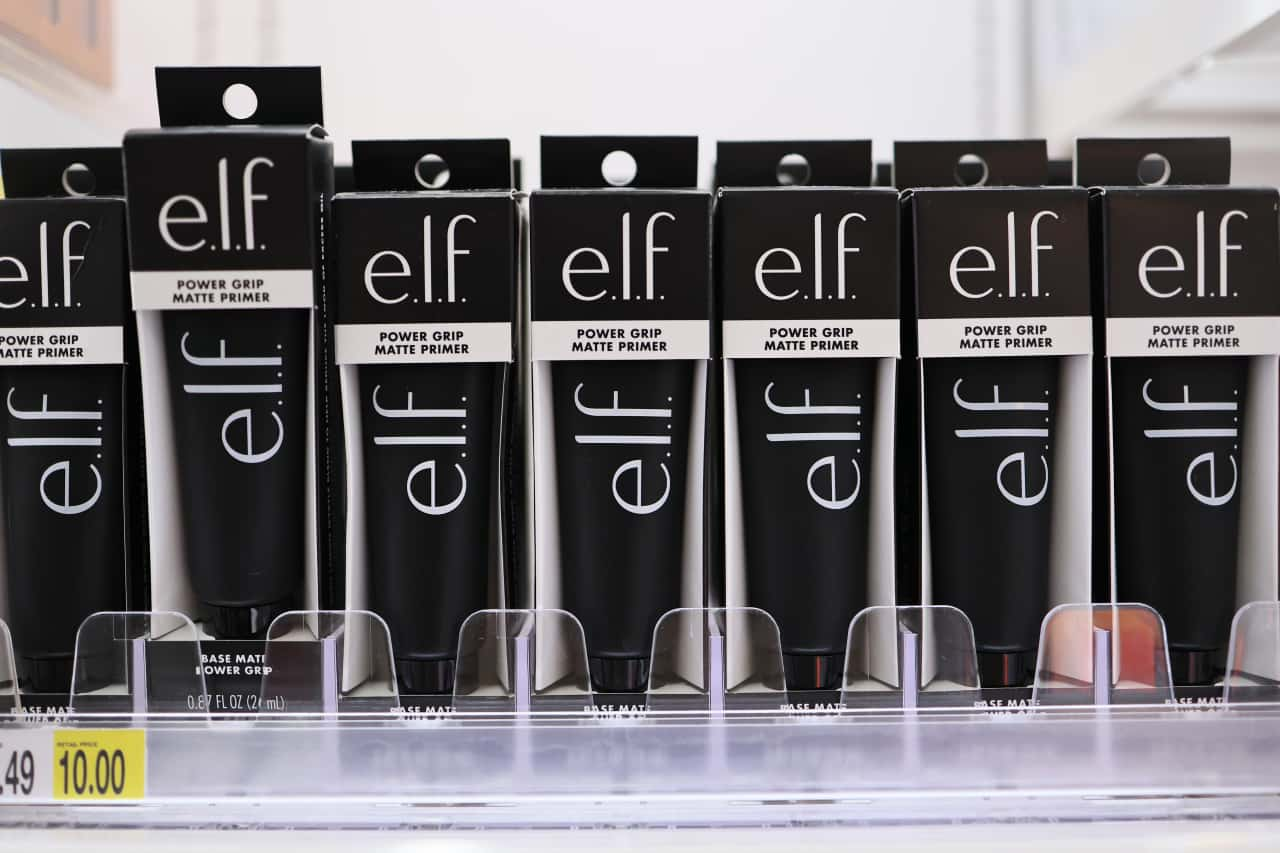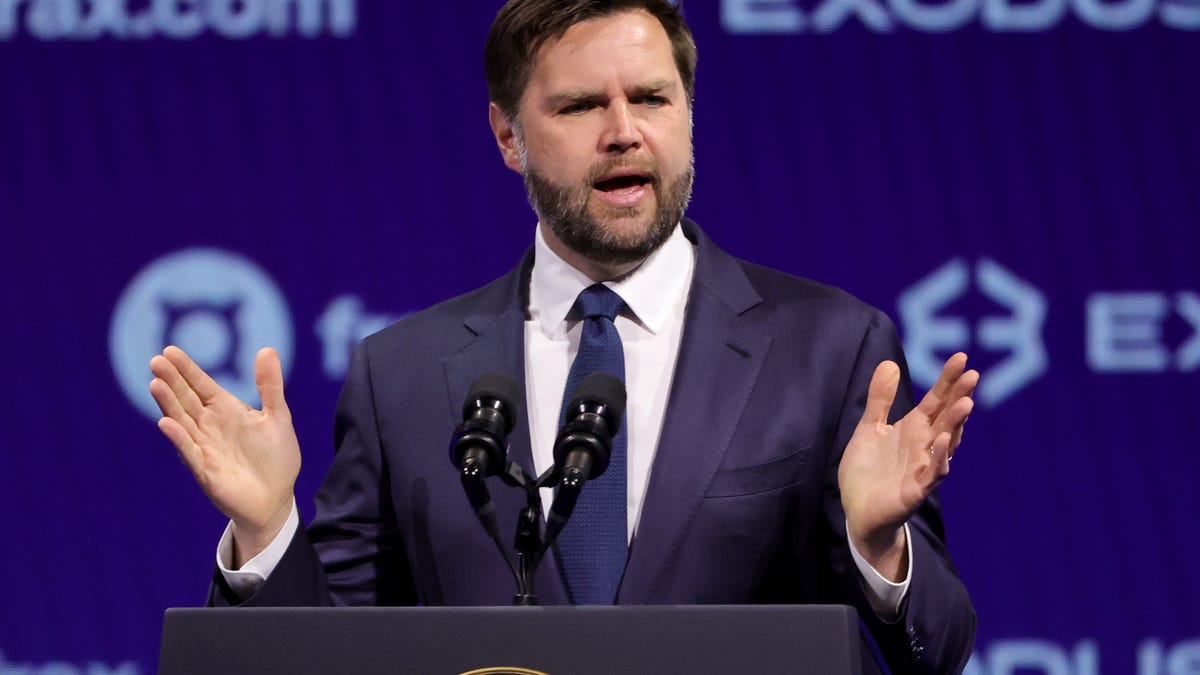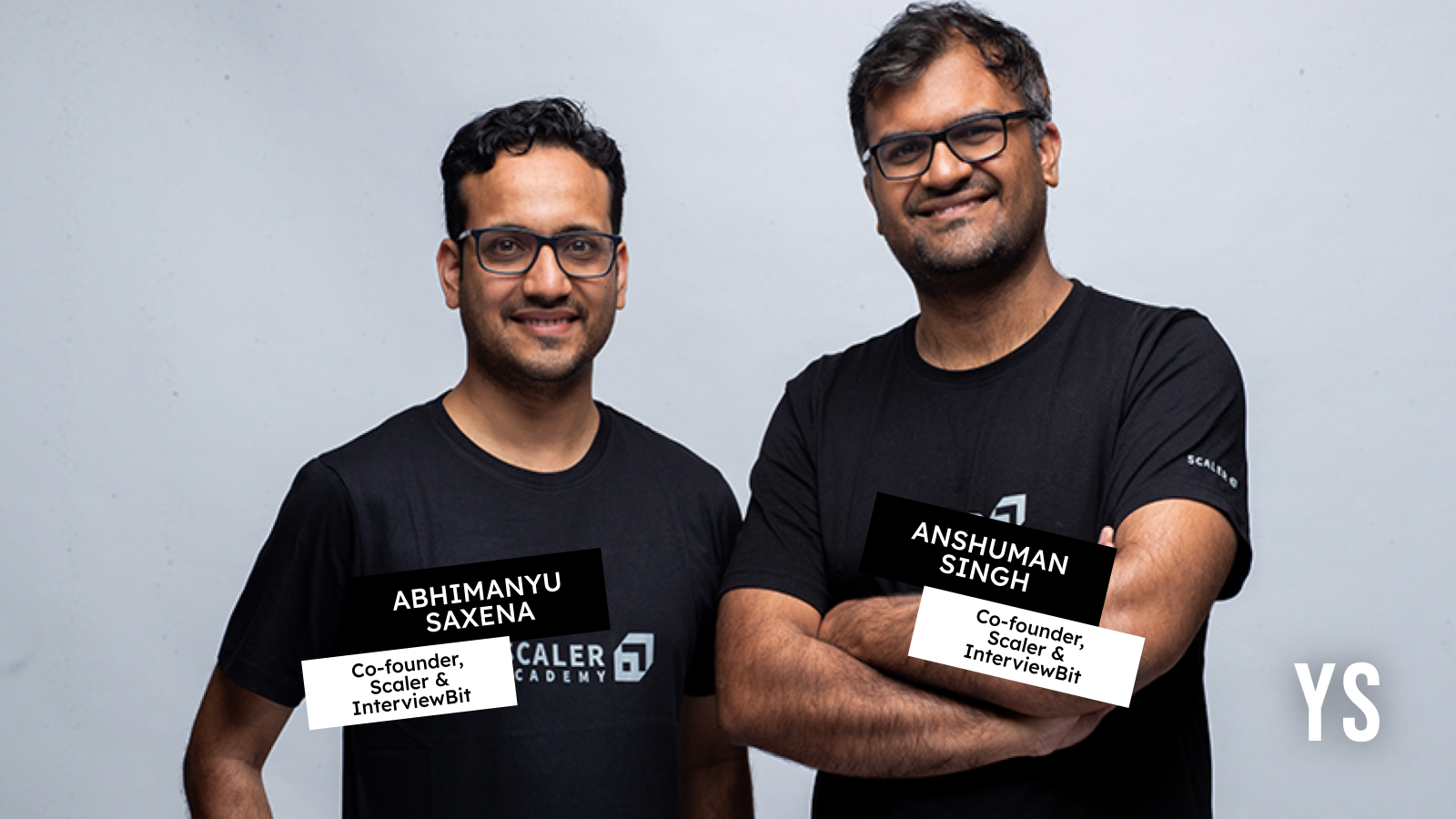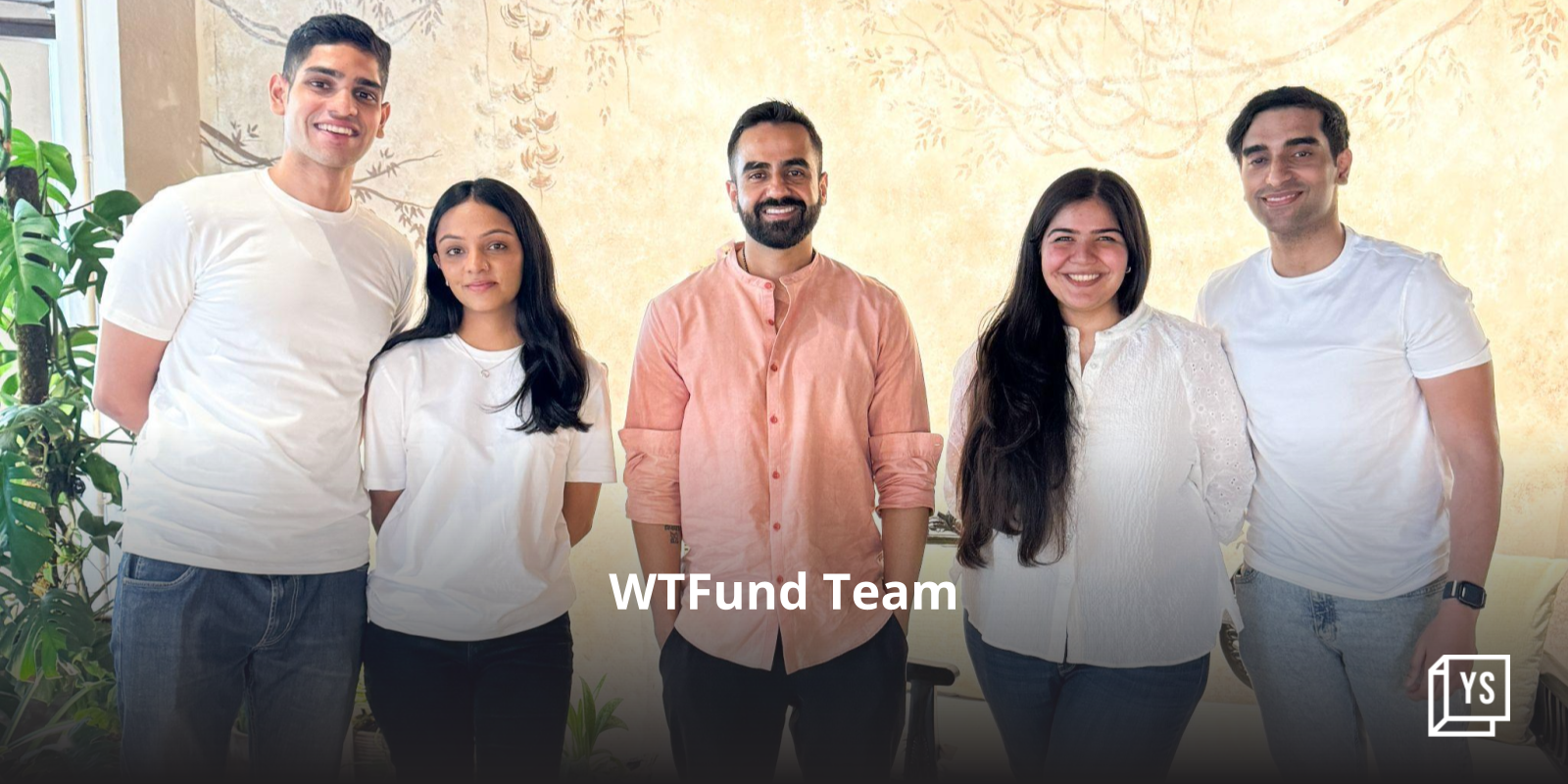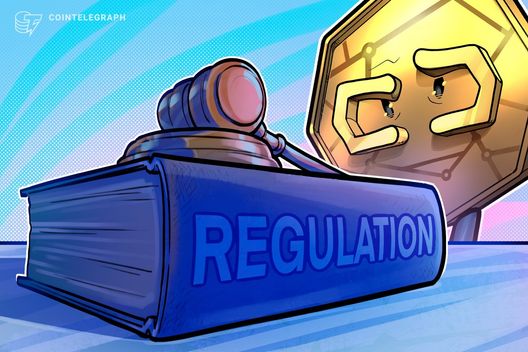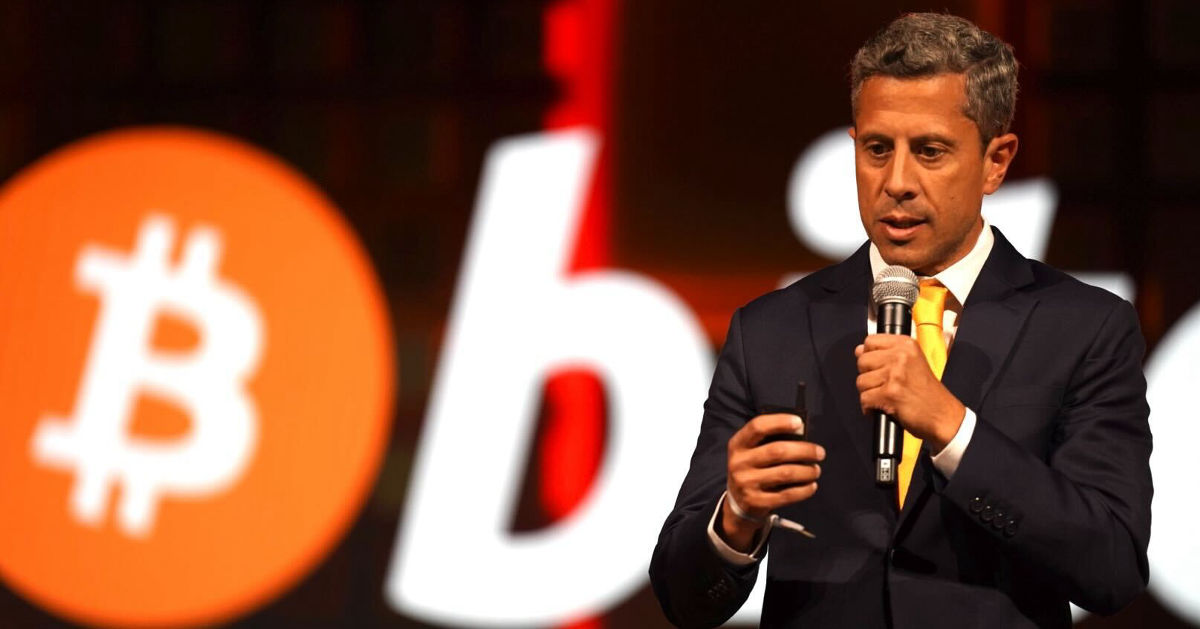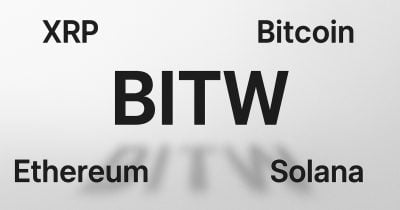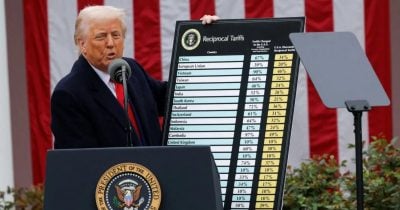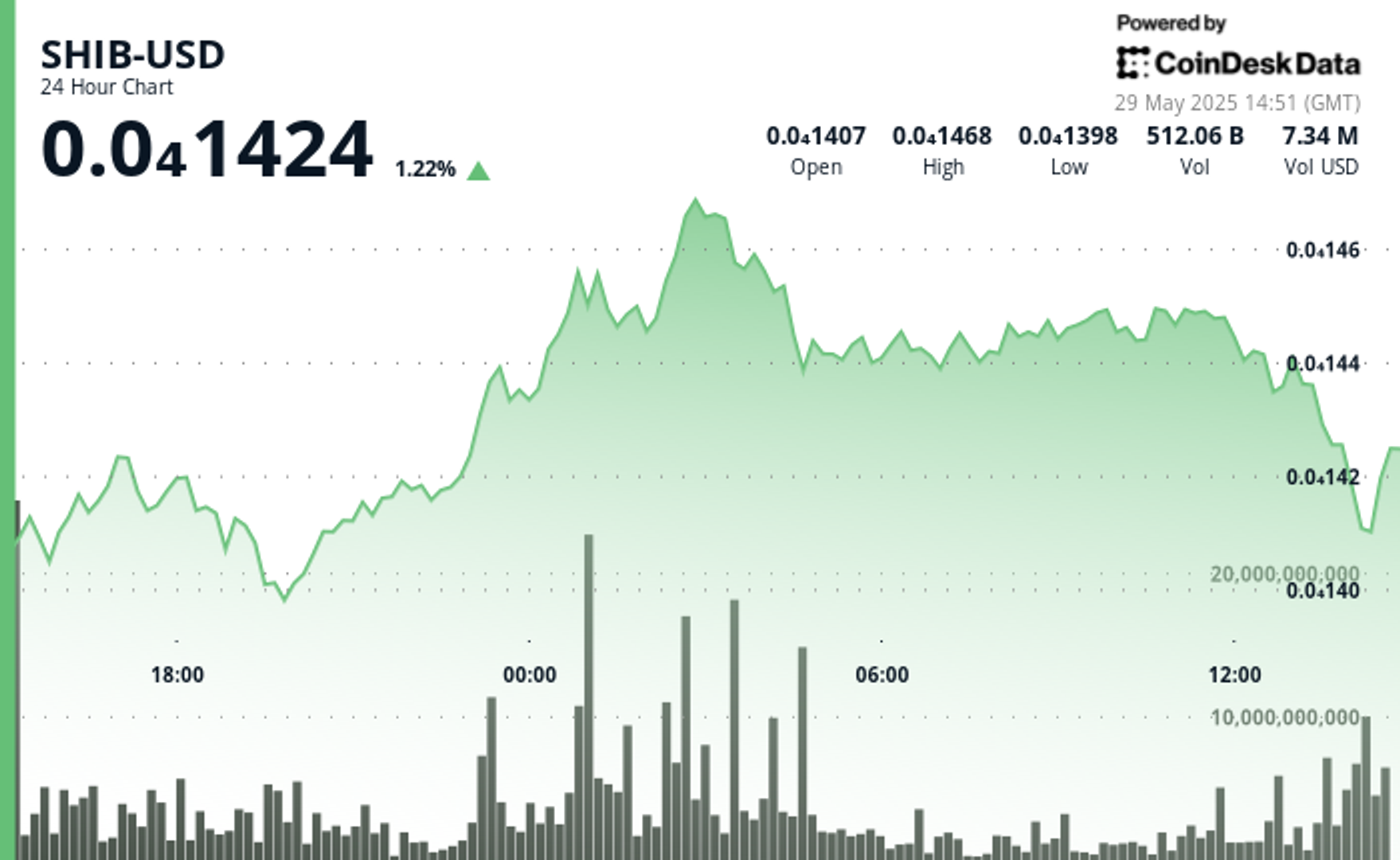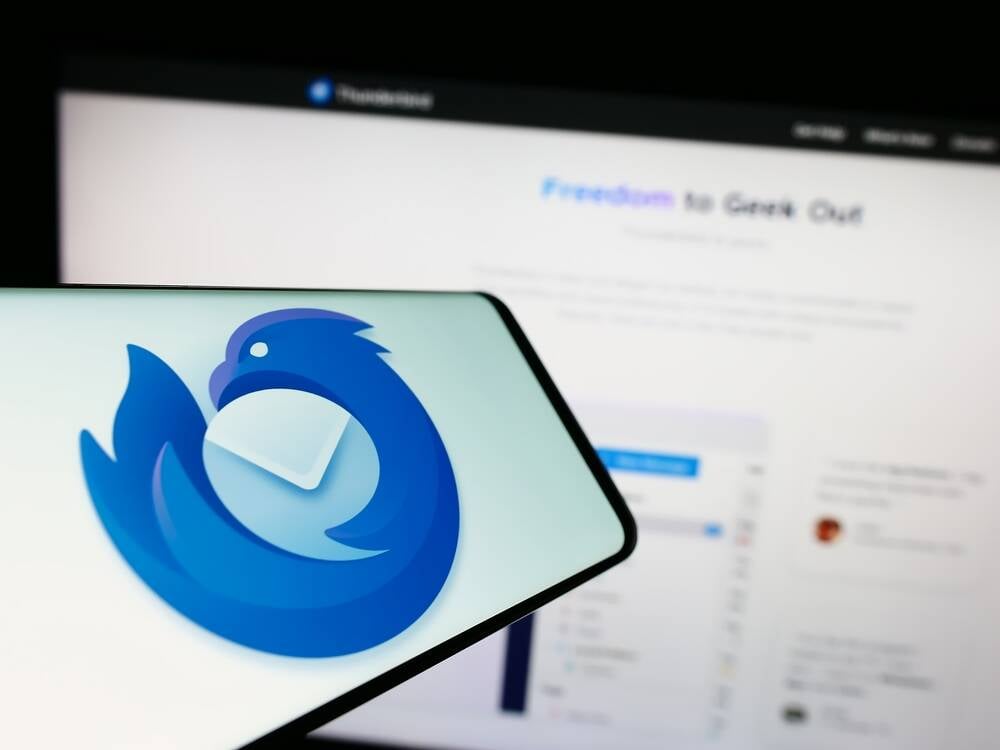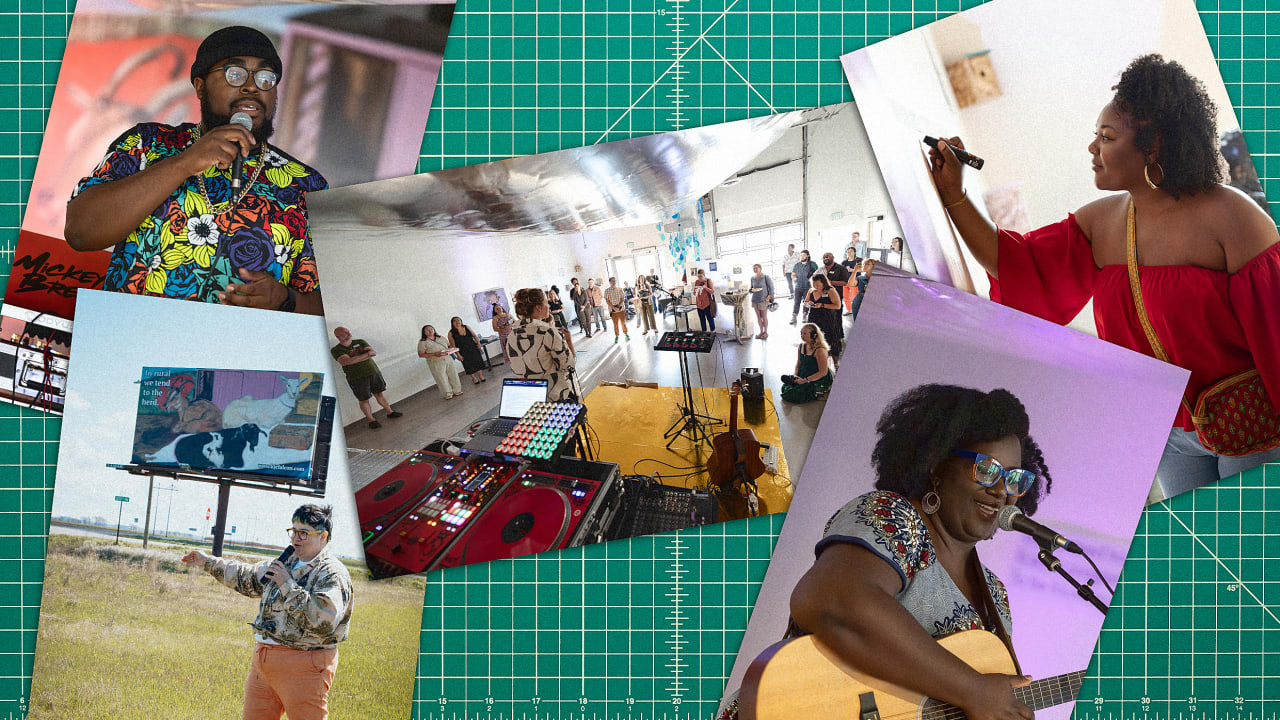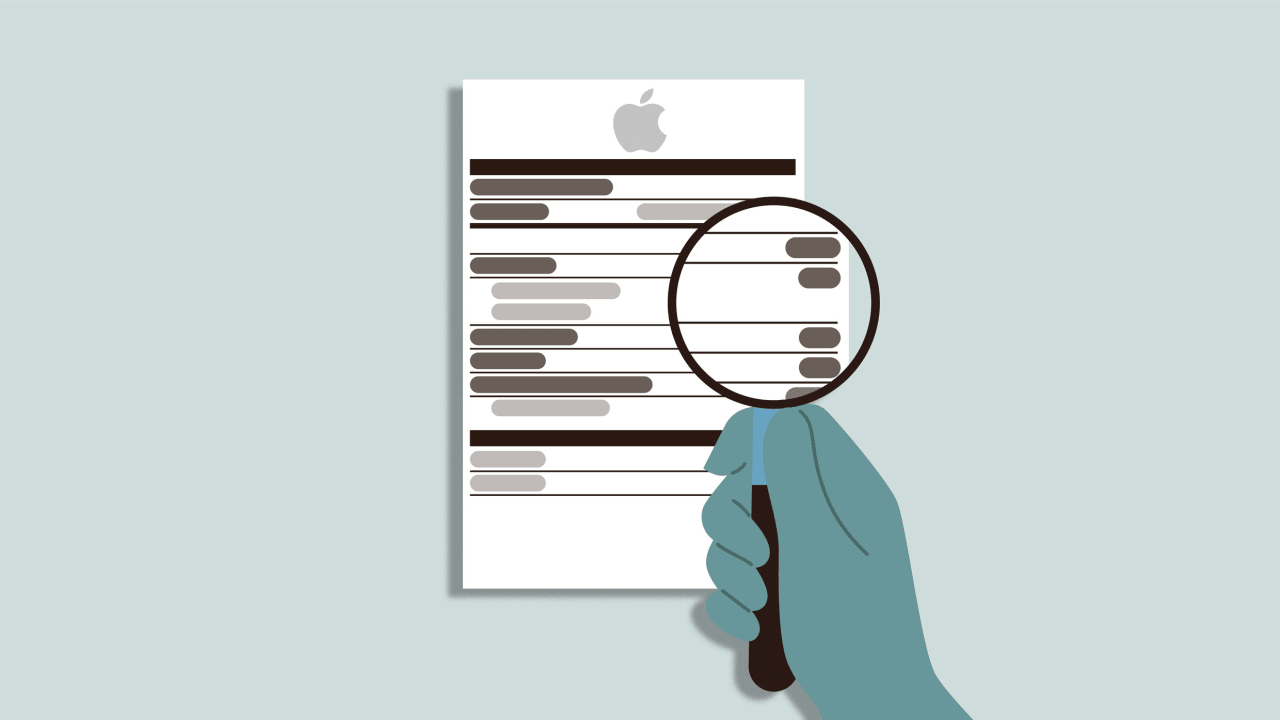Why summer internships were so hard to find this year
“Another day, another internship,” says Paige Lorbiecki, a junior at the University of Florida, straight to camera. This year, Lorbiecki documented the process of applying to summer marketing internships on TikTok. In this video from May 4, she completed another six applications, but Loribiecki says she applied to more than 100 internships in total. It took her until late May, nearly a month after her classes ended, to finally secure a content creation and social media opportunity at an interior design business. This rigamarole of applying to internships and post-grad fellowships has never been fun, but this year, many are finding the cycle exceptionally tough. College students and recent graduates all over the country are feeling the effects of an oversaturated job market and a lack of entry-level jobs. The student job platform Handshake found that internship postings on their site declined by more than 15% from 2023 to 2025. Between the Trump administration’s cuts to university funding, and economic uncertainty over tariffs, many companies are tightening their hiring budgets, limiting the number of summer internships they offer, and raising the amount of experience they require. Fast Company spoke to four different college students, including Loribiecki, about their plans this summer and their insights about the agonizing application season. Their accounts have been edited for space and clarity. Kelly Rappaport, senior at Northwestern University: ‘I’ve not gotten a single interview.’ I fully committed to searching in November or December, and started applying here and there for media and communications industries. Depending on how busy I am each week, I’m putting out anywhere from five to 25 applications each week. I think at this point, we are all aware that the ‘Easy Apply’ button is as good as throwing your résumé in the garbage. But believe it or not, I’ve not gotten a single interview. Ballpark range, I’ve probably applied to 300 to 500 different jobs. That’s actual, sincere job applications. I’m very exhausted, jaded, and kind of disappointed. I’m a first-generation college student, and I can’t even get a first round interview or a call back or anything on all these jobs. I have a ton of things on my résumé. I’ve had recruiters tell me I’m over-qualified and then still not get put to the next round interview. And it’s so exhausting when sometimes I see peers that, because they have connections, they are getting jobs. My dad’s like a blue-collar trades worker, and my mom’s worked in public schools. I certainly don’t have connections outside of the Chicago area where I’m from, and so it feels like I’m kind of limited by who I know. For my Sophomore year [summer internship], I don’t think I got an offer until May, and so I was kind of expecting another summer of no internships. I was very stressed, because you look at your peers and you think you need to be in one place or another. Especially as a first-generation college student, my peers are kind of my benchmark. I’m not sure where I’m supposed to be, because I don’t have that model of where my parents were at. I really think unpaid internships are rather sinister. There is no other context in this country in which unpaid labor is an acceptable thing. I think there’s definitely inherent privilege [at a university like Northwestern]. There’s the financial security to take on an unpaid internship or an internship in an expensive location; there is the privilege of connection; the privilege of having parents who know where [the benchmark is]; who know how colleges work and how networking is. There’s definitely a major disconnect there. Skyley Mitchell, senior at Stanford University: ‘Slowly but surely, I started losing passion.’ I study international relations, and truthfully, I didn’t really have a clear, guided career path. I really wanted to focus on social impact, something along those lines, where I can help the community that I find important. So that’s one of the biggest things, and that is terrible not only for the job market, but also for payment, as well. I’m also a low-income student. It puts a lot of pressure on me to provide for [my family]. So that was one of the biggest determinants for what job I want to do, and if I should follow passion or follow money. But the biggest thing about this job market is that it feels like you can do neither. People often say your first job out of college may not matter as much to your future career. But it really felt like it did, so it was really hard. And I hate writing cover letters. They’re one of the worst aspects [of] applications ever, because I basically have to be fun, quirky, and relatable. It’s like a dating app, but for job applications. You want to be fun and interesting. I don’t know how to be fun and interesting to a job that doesn’t care about me yet. I read this article before that was talking about how Gen Z is the most rejected generation

“Another day, another internship,” says Paige Lorbiecki, a junior at the University of Florida, straight to camera. This year, Lorbiecki documented the process of applying to summer marketing internships on TikTok. In this video from May 4, she completed another six applications, but Loribiecki says she applied to more than 100 internships in total. It took her until late May, nearly a month after her classes ended, to finally secure a content creation and social media opportunity at an interior design business.
This rigamarole of applying to internships and post-grad fellowships has never been fun, but this year, many are finding the cycle exceptionally tough. College students and recent graduates all over the country are feeling the effects of an oversaturated job market and a lack of entry-level jobs.
The student job platform Handshake found that internship postings on their site declined by more than 15% from 2023 to 2025. Between the Trump administration’s cuts to university funding, and economic uncertainty over tariffs, many companies are tightening their hiring budgets, limiting the number of summer internships they offer, and raising the amount of experience they require.
Fast Company spoke to four different college students, including Loribiecki, about their plans this summer and their insights about the agonizing application season. Their accounts have been edited for space and clarity.
Kelly Rappaport, senior at Northwestern University: ‘I’ve not gotten a single interview.’
I fully committed to searching in November or December, and started applying here and there for media and communications industries. Depending on how busy I am each week, I’m putting out anywhere from five to 25 applications each week. I think at this point, we are all aware that the ‘Easy Apply’ button is as good as throwing your résumé in the garbage. But believe it or not, I’ve not gotten a single interview. Ballpark range, I’ve probably applied to 300 to 500 different jobs. That’s actual, sincere job applications.
I’m very exhausted, jaded, and kind of disappointed. I’m a first-generation college student, and I can’t even get a first round interview or a call back or anything on all these jobs. I have a ton of things on my résumé. I’ve had recruiters tell me I’m over-qualified and then still not get put to the next round interview. And it’s so exhausting when sometimes I see peers that, because they have connections, they are getting jobs.
My dad’s like a blue-collar trades worker, and my mom’s worked in public schools. I certainly don’t have connections outside of the Chicago area where I’m from, and so it feels like I’m kind of limited by who I know.
For my Sophomore year [summer internship], I don’t think I got an offer until May, and so I was kind of expecting another summer of no internships. I was very stressed, because you look at your peers and you think you need to be in one place or another. Especially as a first-generation college student, my peers are kind of my benchmark. I’m not sure where I’m supposed to be, because I don’t have that model of where my parents were at.
I really think unpaid internships are rather sinister. There is no other context in this country in which unpaid labor is an acceptable thing.
I think there’s definitely inherent privilege [at a university like Northwestern]. There’s the financial security to take on an unpaid internship or an internship in an expensive location; there is the privilege of connection; the privilege of having parents who know where [the benchmark is]; who know how colleges work and how networking is. There’s definitely a major disconnect there.
Skyley Mitchell, senior at Stanford University: ‘Slowly but surely, I started losing passion.’
I study international relations, and truthfully, I didn’t really have a clear, guided career path. I really wanted to focus on social impact, something along those lines, where I can help the community that I find important. So that’s one of the biggest things, and that is terrible not only for the job market, but also for payment, as well. I’m also a low-income student. It puts a lot of pressure on me to provide for [my family]. So that was one of the biggest determinants for what job I want to do, and if I should follow passion or follow money. But the biggest thing about this job market is that it feels like you can do neither.
People often say your first job out of college may not matter as much to your future career. But it really felt like it did, so it was really hard. And I hate writing cover letters. They’re one of the worst aspects [of] applications ever, because I basically have to be fun, quirky, and relatable. It’s like a dating app, but for job applications. You want to be fun and interesting. I don’t know how to be fun and interesting to a job that doesn’t care about me yet.
I read this article before that was talking about how Gen Z is the most rejected generation ever, basically talking about how we’re getting rejected on dating apps; we’re getting rejected on job apps; we’re getting rejected on school applications. We’re just getting rejected in various aspects in life, which makes us a little jaded. And I think I really felt that for my job applications. Slowly but surely, I started losing passion about what I wanted to do. I just started doing Quick Apply on Indeed in order to get my applications out there. Coming back with rejections, it just really slowly but surely started hurting less—but not in a good way.
Fortunately I have a job now, which I’m very grateful for. But the main reason why I think I was able to get it is because of my school. Stanford is very prestigious [and] has a lot of great opportunities for its students. If you get connected, there’s a lot of opportunities.
Paige Lorbiecki, junior at University of Florida: ‘It’s like a pit in your gut.’
At [the University of Florida], I jumped at every opportunity. I feel like my résumé is stacked [and] my portfolio is very diverse, but all these internships are looking for something specific that I just don’t have.
I started applying way back in October. Some internships are super early, so I definitely started applying back then, and over winter break, I did a lot, and I still wasn’t hearing anything back. It’s hard because a lot of my finance friends had an internship set a year ago. So I just felt really behind.
But marketing specifically is a little bit of a pushed back timeline; it’s a little bit later in the year. I ended up doing close to 80 applications. Didn’t really hear anything back. I had three rounds of interviews for different companies. Made it to the final interview of all of those, and ended up not getting it. I would even email them back and say ‘Oh, I would love feedback so I can improve myself,’ and they would just ghost me. I don’t know how to improve or what I’m missing that these companies are looking for.
Starting in February is when the rejections started to roll in. I have applied to a little over 100 now, and I’ve heard back from about 30% of them, so I’m still waiting to hear back from 70%. Half of those, I don’t think I’m ever going to hear back from. It just is what it is.
A lot of things are automated nowadays. If my résumé doesn’t match your job description, it just automatically rejects me. I’m a little bit confused why I’m not getting those emails, and now I’m waiting around to know if these opportunities are still open for me, or is it just, like a lost cause? Should I move on? So, it’s weird. I’m just assuming the worst, that it’s not going to happen.
Why can I not describe my feelings right now? It’s like a pit in your gut. It’s almost like annoyance and a little bit of anger. I feel like I hold myself to a really high standard. So when I don’t achieve those goals, I’m like, ‘Okay, what can I do to fix that? I’ve got to figure my shit out.’ And it’s just really frustrating that it’s come to this point. I’m not going to lie, even just a nice email back would be nice enough for me. I don’t care if you don’t want me, but just let me know.
Lauren Levinson, junior at Northwestern University: ‘I’ve been trying to compensate.’
I definitely started my internship search way later than you’re supposed to. Most people start in the fall, but I was abroad, so I didn’t want to do that. My first application I submitted was in January. And I mean, honestly, I just didn’t submit enough applications.
Most of the jobs I applied to were research jobs at Northwestern and I actually don’t think the [federal] funding cuts impacted it. I don’t really know what the issue was, but I didn’t get any of them. One just wasn’t taking more assistance. I got feedback on one of my applications, which was really nice. They said I was really qualified, but they wanted more details. They were “You were super qualified. We thought you would have made a really great candidate. But we wanted you to say in your cover letter more about how it would have impacted your career in the future.’ So [I] didn’t get that one, kind of a bummer, but I’m not surprised, because it included a paid trip to Columbia.
I also applied to the summer internship grant program at Northwestern to get funding for unpaid internships. Didn’t get that. That one I definitely think got funding cuts, and does kind of throw a wrench into my plans.
But now I’m currently doing an internship at … a nonprofit health center for Spanish-speaking immigrants. I got that internship through Northwestern, but I really love them, and I’ve loved my time there. I’m probably going to stay on with [them] and do a summer there, but probably similar hours to what I’m doing now, part-time, so I can keep working my restaurant job and babysitting and actually making money. Right now, they give me a stipend, so I’m hoping to continue with that system, but I’m also nervous because they don’t normally pay their summer interns.
I’ve been trying to compensate. I’m applying to fellowships for next year for 2026-2027. I have to study for the LSAT. Even if I didn’t get an internship, I would still have plenty to do.




